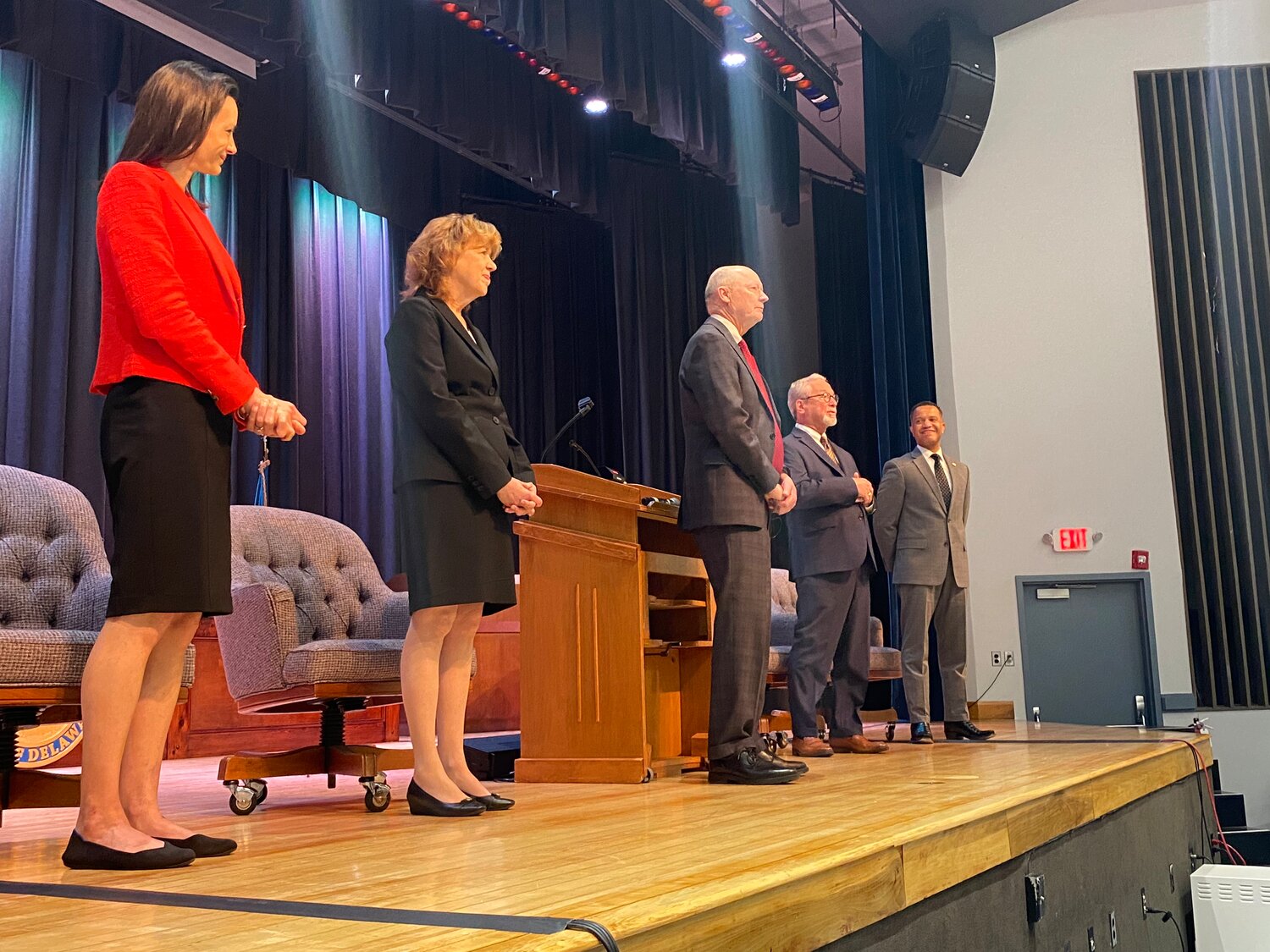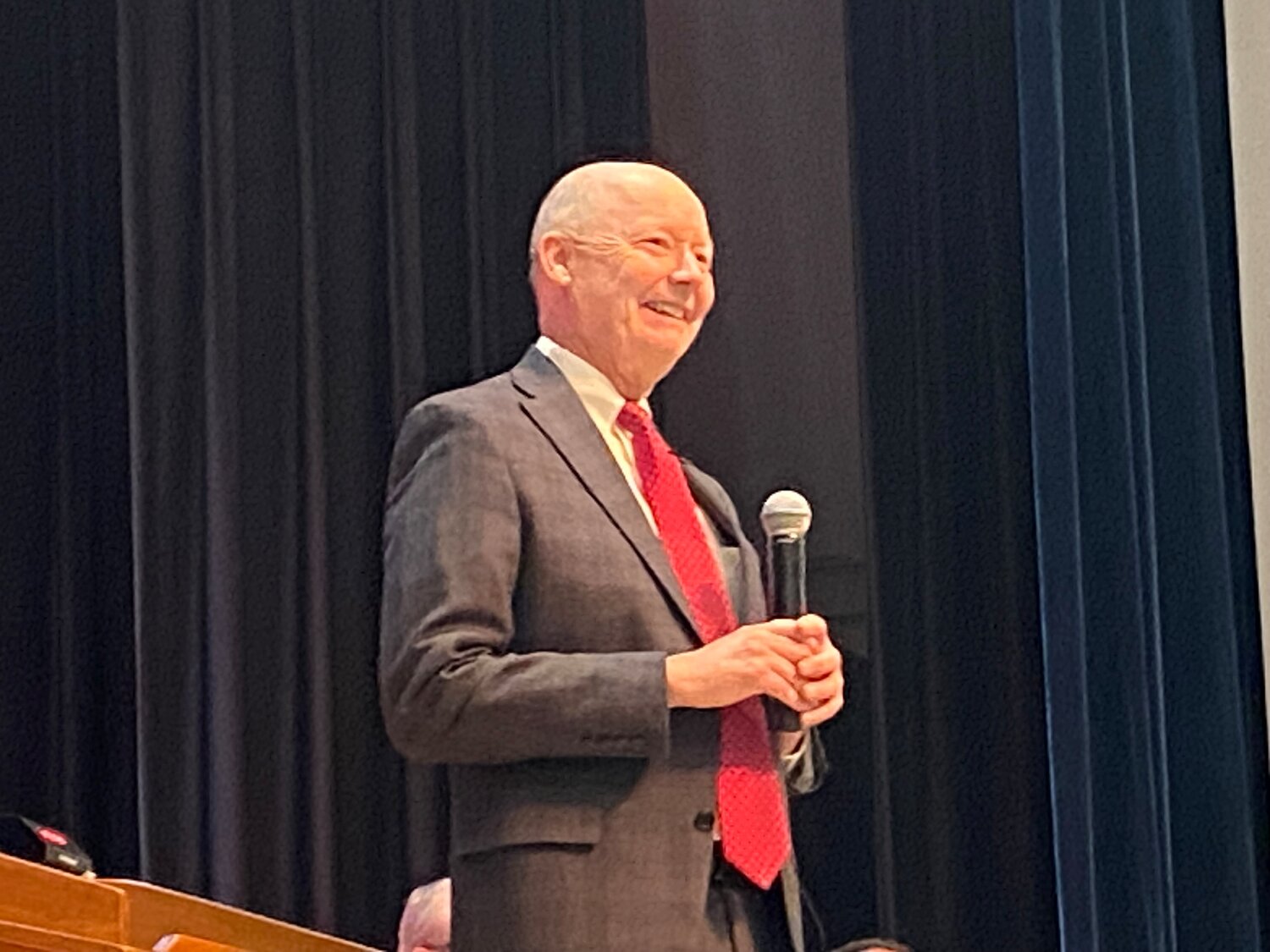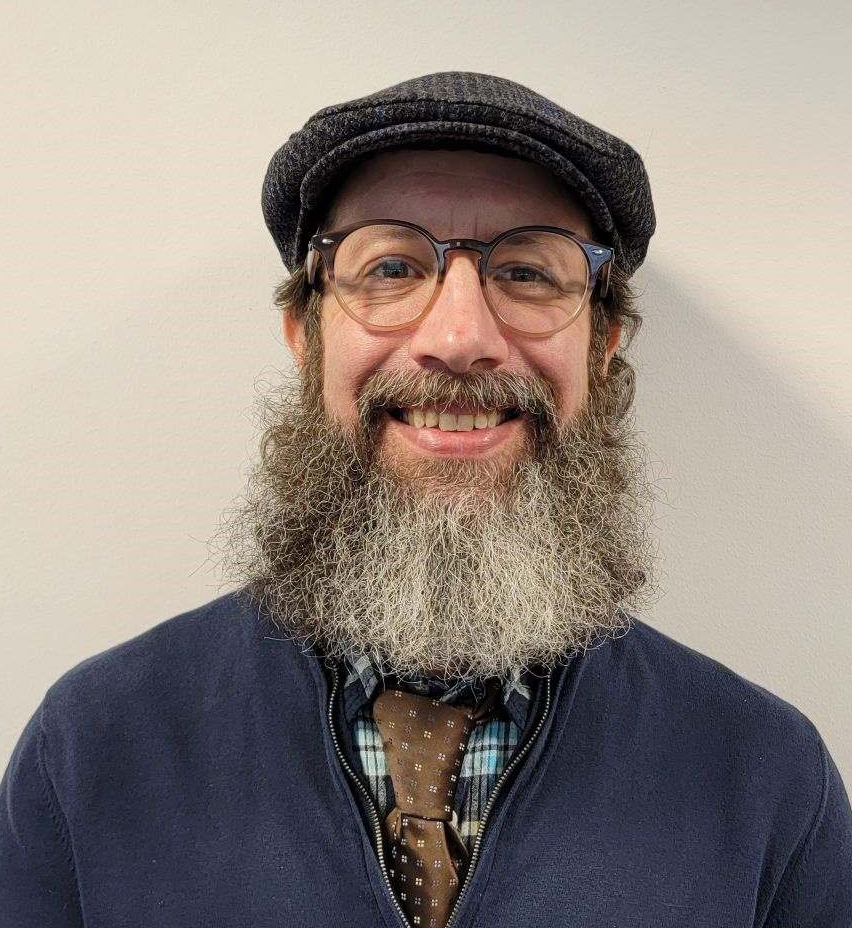A Supreme snapshot: Sussex students exposed to workings of high court
Traveling oral arguments part of outreach, diversity program
Tuesday was a day of many firsts, as the Delaware Supreme Court heard its first oral arguments in Sussex County, while hundreds of students were given a firsthand view into the court process and the justices’ mind-sets.

You must be a member to read this story.
Join our family of readers for as little as $5 per month and support local, unbiased journalism.
Already a member? Log in to continue. Otherwise, follow the link below to join.
Please log in to continue |
A Supreme snapshot: Sussex students exposed to workings of high court
Traveling oral arguments part of outreach, diversity program
GEORGETOWN — Tuesday was a day of many firsts, as the Delaware Supreme Court heard its first oral arguments in Sussex County, while hundreds of students were given a firsthand view into the court process and the justices’ mind-sets.
After legislation passed a few years ago, and considering 2022 recommendations of a panel committed to improving outreach to pre-college pupils, the courtroom was brought to the students, according to Sean O’Sullivan, chief of community relations for the state’s courts.
Delaware Supreme Court Chief Justice Collins J. Seitz Jr. was thrilled with the visit to Delaware Technical Community College's Owens Campus.
“We were delighted to hold Supreme Court arguments for the first time in Sussex County. I hope we were able to show Delaware students how the court operates and answer a few of their questions,” he said. “My hope is that this program inspired the students to consider a legal career, to follow in our footsteps and to serve the citizens of Delaware.”
More than 300 young people were present over two sessions Tuesday, Mr. O’Sullivan said. One hearing was for a criminal case; the other a civil matter.
The criminal proceeding — Deonta Carney v. Delaware — concerns withdrawal of a guilty plea as part of a plea bargain. According to court documents, the defendant claims that his innocence of gun possession, corroborated by investigators, should have allowed him to change his plea. The state claims, however, that he met the standard of gun possession by ordering its use, despite those orders not being followed.
Chief Justice Seitz told the students that he and Justices Karen Valihura, Gary Traynor, Abigail LeGrow and N. Christopher Griffiths usually render their verdicts after deliberations of about 90 days. He then opened the floor to questions not concerning the cases heard earlier.
The students were gathered from DelTech's criminal justice, human services and legal studies departments, and also included high schoolers in Academic Challenge, a program that allows them to earn college credit.
Following the criminal case, one asked about the recusal process, which was put on display later in the afternoon, when Justice LeGrow recused herself from the argument. She was replaced by Vice Chancellor Sam Glasscock III of the Chancery Court, the highest court in Delaware for business and corporate disputes.
The justices also fielded questions about the appeals process, how the court determines who writes opinions and how to become appointed to the bench, a process handled by the governor.
After the civil proceeding, the justices were asked about the complexity of the language used during arguments, how much endurance is required to complete law school and ethics codes.
Chief Justice Seitz explained that the Supreme Court of Delaware is responsible for the discipline of all lower courts in the state and so is required to set an example. One way this is achieved, he said, is by not participating in political affairs, like elections.
The chief justice handed the ethics question off to Justice Traynor.
“I do recall sometimes some judges were on the hot seat,” he said, but he couldn’t recall any actions taken against an adjudicator.
And what got them through law school?
“Coffee,” Justice Valihura replied, soliciting scattered laughter and mild resignation from the youth and clerks in the crowd.
Tuesday’s event completes one of the recommendations from the Supreme Court-commissioned Strategic Plan on Improving Diversity in the Delaware Bench and Bar, released in January 2022, Mr. O’Sullivan said.
Other suggestions have been tackled via a partnership with the Delaware Law Related Education Center, which is working with teachers to create and implement a public school civics curriculum for grades K-12, he explained.
Dr. Justina Thomas, vice president of academic affairs at DelTech, said the students “appreciated the bird’s-eye view and welcomed the opportunity” to watch the court work.
“Today’s event was exciting to be part of, especially for all of our students to be able to observe the Delaware Supreme Court’s oral arguments,” she added.
The Sussex County visit comes after the completion of another recommendation from the plan — increasing access to the Delaware Bar Exam from once to twice a year.





 By
By 



